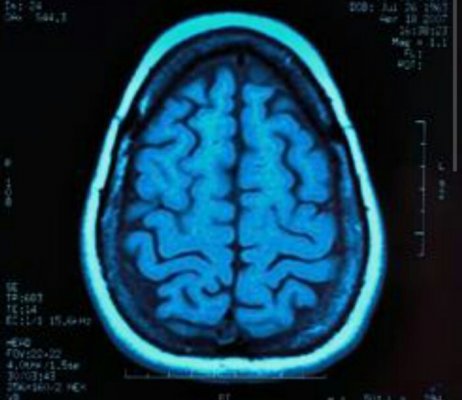A US team found tell-tale signs on scans that have already been seen in adults with the condition.
And these brain differences could be a cause rather than a consequence of dyslexia – something unknown until now – the Journal of Neuroscience reports.
Scans could allow early diagnosis and intervention, experts hope.
The part of the brain affected is called the arcuate fasciculus.
Among the 40 school-entry children they studied they found some had shrinkage of this brain region, which processes word sounds and language.
They asked the same children to do several different types of pre-reading tests, such as trying out different sounds in words.
Those children with a smaller arcuate fasciculus had lower scores.
It is too early to say if the structural brain differences found in the study are a marker of dyslexia. The researchers plan to follow up groups of children as they progress through school to determine this.
Lead researcher Prof John Gabrieli said: “We don’t know yet how it plays out over time, and that’s the big question.
“We do not know how many of these children will go on to develop problems. But anyway, we want to intervene before that, and the younger you do that the better. We already know that reading programmes and interventions can really help.”








